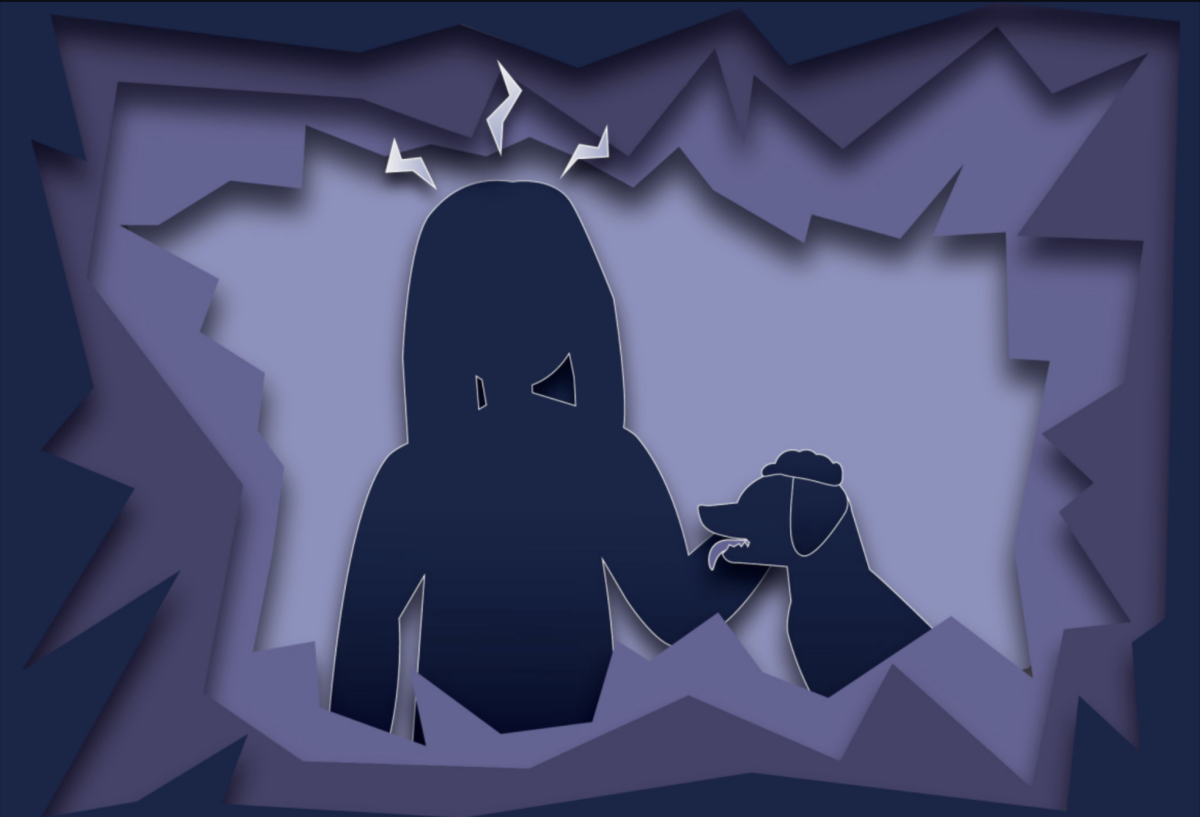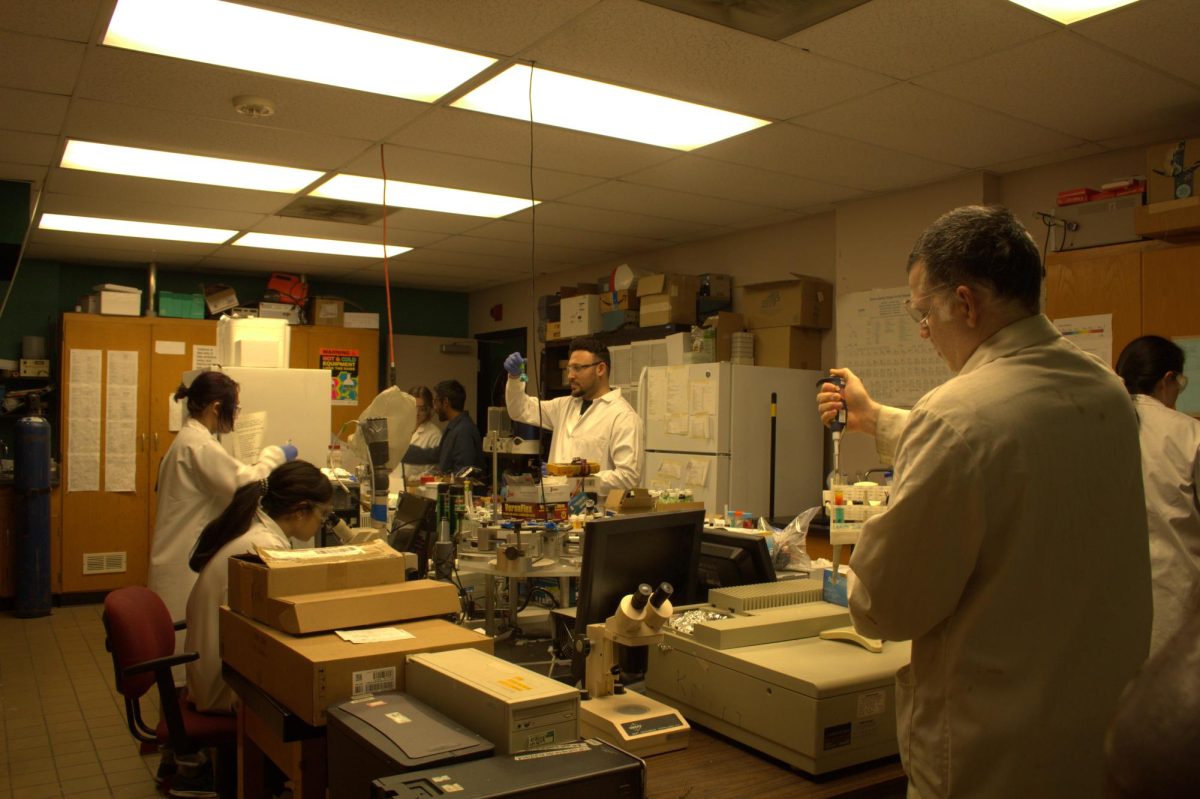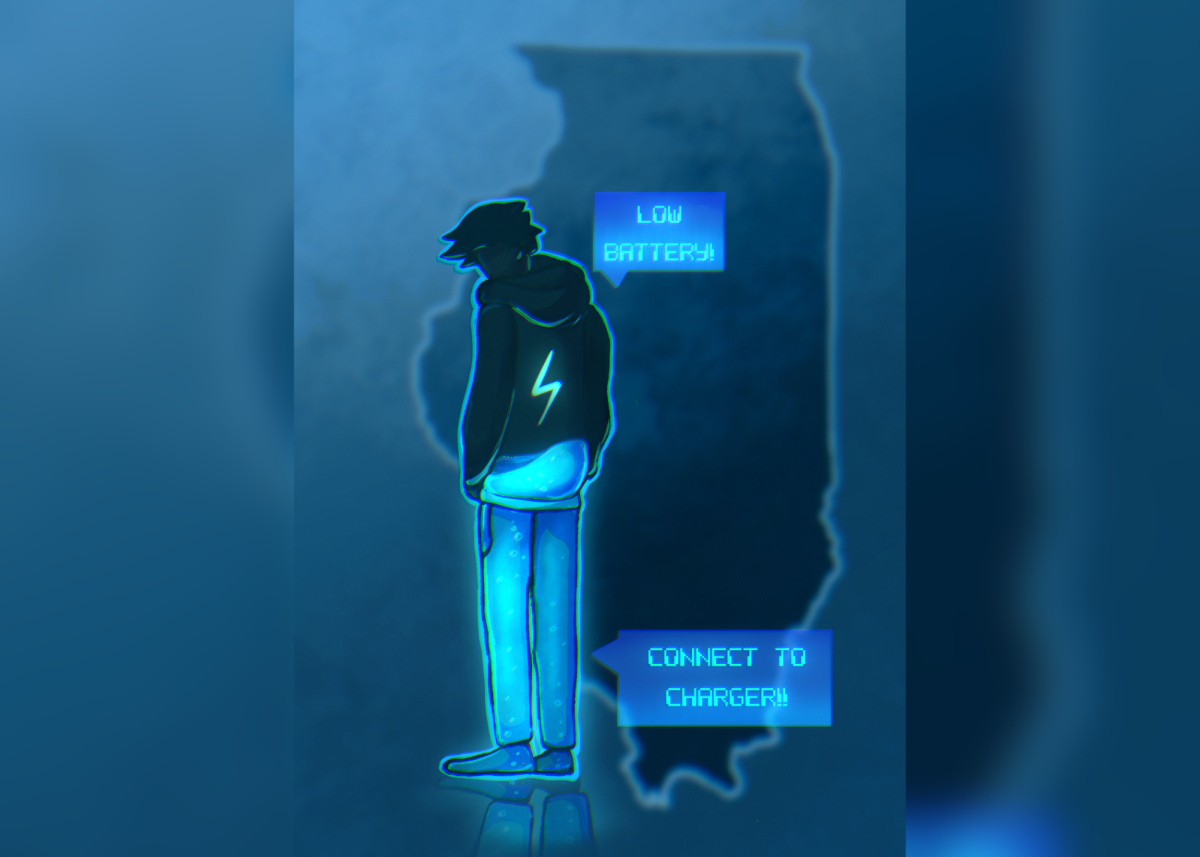Burnt out. Tired. Bags under your eyes. Low energy. Waking up feeling like you didn’t get enough rest. Not enough time for you to relax. Headaches, anxious and unmotivated. Yup, these are all symptoms of mental and physical stress.
Feelings of depression and stress can also have physical symptoms that warn your body.
Advertisement
According to mentalhealth.org, “Depression can come with headaches,fatigue and digestive problems, and anxiety can create an upset stomach, for example.”
For example, if you are a college senior you might tend to be more tired than usual, have less energy to do things or recurring headaches.
“The school work is getting harder and feeling like a lot. I’m drained” said Deja Norris, a senior nursing student.
Advertisement*
According to the mentalhealth.org website, “Our bodies and minds are not separate, so it is not surprising that mental ill health can affect your body.” Nearly one in three people with long-term physical issues also has a mental health condition.
“People find maladaptive ways of dealing with stress, either with bad habits, or they self medicate with doing drugs or drinking,” said community counselor Torono Moore, who works for a non-profit.
Both male and female undergrad and graduate students deal with stress.
.
A Gallup poll taken during 2023 sampled 2,430 students who are pursuing their bachelors degrees at a four year U.S. institution.
It found female undergraduate students are more likely to experience negative emotions daily more than their male peers. Approximately, 72 percent of female students experience stress versus 56 percent of male students. Also, 56 percent of female students experience worry versus 40 percent of males.
“I am currently going through a phase where I am gaining weight and having a hard time focusing,” graduate student Tiffany Moore said.
Not only is college stressful, but the chances of students dropping out can also be very high.
During the postsecondary phase of COVID in 2022, many students decided to “stop out” because of emotional stress. Stopping out means withdrawing from a program for at least one term. In 2022, 55 percent of associates degree students considered stopping coursework. Also, in 2022, 69 percent of Bachelor’s degree students considered stopping coursework.
There are tons of ways students and professionals are dealing with stress in their lives.
“I breathe in and out to ground myself. In a realistic world, I would go to a therapist and exercise every day,” said occupational therapy assistant Nicole Matthews, who works at Chicago State University.
.
If you do not take care of your body and mind there can be serious consequences.
“When you have a lot of foods that are high in sugar and iron you have a lots of folks diagnosed with hypertension, diabetes,and high blood pressure,” Torono Moore said.
The Student Center at SIU Provides 24/7 assistance with ConnectedED where students can call and get telehealth support and risk assessments. The counseling office is open until 9 p.m. on the weekends for students who need it.
Matthews creates plans for treatment regarding physical and mental health strategies for her college student patients. She coordinates action plans for students on campus who need help managing their stresses.
Toronto Moore said strategies can include, “Leave work at work and when you’re at home try to focus on being at home.”
Balancing work and personal stress can be hard, but we must remember to separate the two.
“When I am at work, my phone is on ‘do not disturb,’ when I am home, I blast my playlist as loud as I can,” Torono Moore said.
You want to separate your work stress from your personal stress so that you can be committed to both parts.
People who tend to focus on personal stressors at work tend to become distracted and lose focus on the job.
The first thing you hear lots of students say about the services provided at the Student Health Center is “I wish I knew about this sooner.”
Shelly Ridgeway is the Director of Wellness and Health Promotion Services at the Student Health Center at SIU. She said the center focuses on eight areas that are followed; sexual health, physical health, nutrition, alcohol, drug prevention, stress management, coping strategies and resilience.
We tend to forget about our mental and physical health until it starts declining. One option for dealing with stress at SIU involves pet therapy. Walking into the Dawg Lounge gives you a sense of peace. It is slightly lit with a lamp in the corner. A candle burns on the small table next to the couches. Jethro, a cuddly big dog, welcomes you with kisses on the rug. There are three rooms and each has a different vibe and scenery.
If you want to exercise and play with dogs you can also try Salukidownwarddog yoga at the Student Health Center.
Advertisement





















